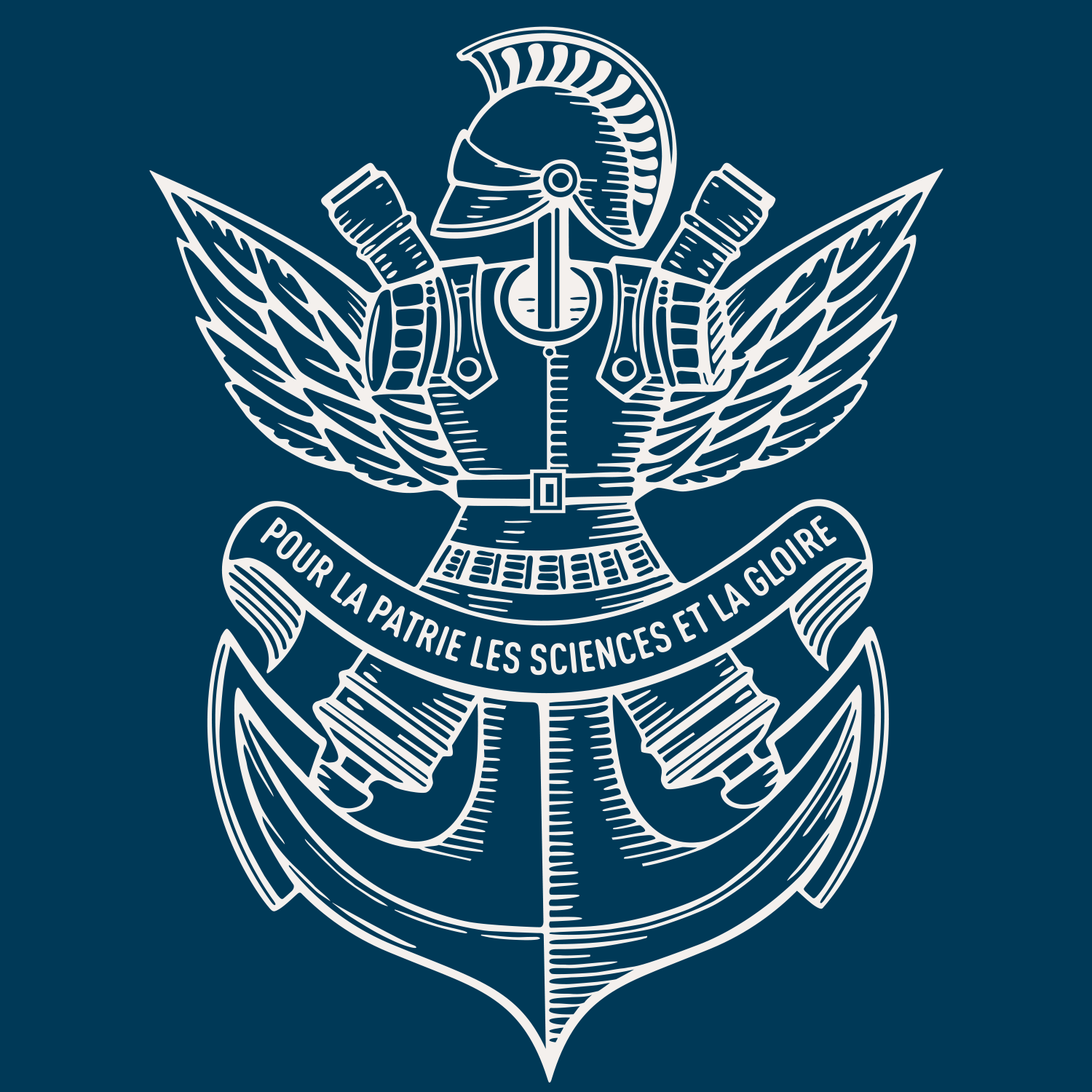Structural and energetic aspects of the protonation of phenol, catechol, resorcinol, and hydroquinone.
Résumé
The various protonated forms of phenol (1), catechol (2), resorcinol (3), and hydroquinone (4) were explored by ab initio quantum chemical calculations at the MP2/6-31G(d) and B3LYP/6-31G(d) levels. Proton affinities (PA) of 1-4 were calculated by the combined G2(MP2,SVP) method, and their gas-phase basicities were estimated after calculation of the change in entropy on protonation. These theoretical data were compared with the corresponding experimental values determined in a high-pressure mass spectrometer. This comparison confirmed that phenols are essentially carbon bases and that protonation generally occurs in a position para to the hydroxyl group. Resorcinol is the most effective base (PA = 856 kJ mol-1) due to the participation of both oxygen atoms in the stabilization of the protonated form. Since protonation is accompanied by a freezing of the two internal rotations, a significant decrease in entropy is observed. The basicity of catechol (PA = 823 kJ mol-1) is due to the existence of an intramolecular hydrogen bond, which is strengthened upon protonation. The lower basicity of hydroquinone (PA = 808 kJ mol-1) is a consequence of the fact that protonation necessarily occurs in a position ortho to the hydroxyl group. When the previously published data are reconsidered and a corrected protonation entropy is used, a proton affinity value of 820 kJ mol-1 is obtained for phenol.

